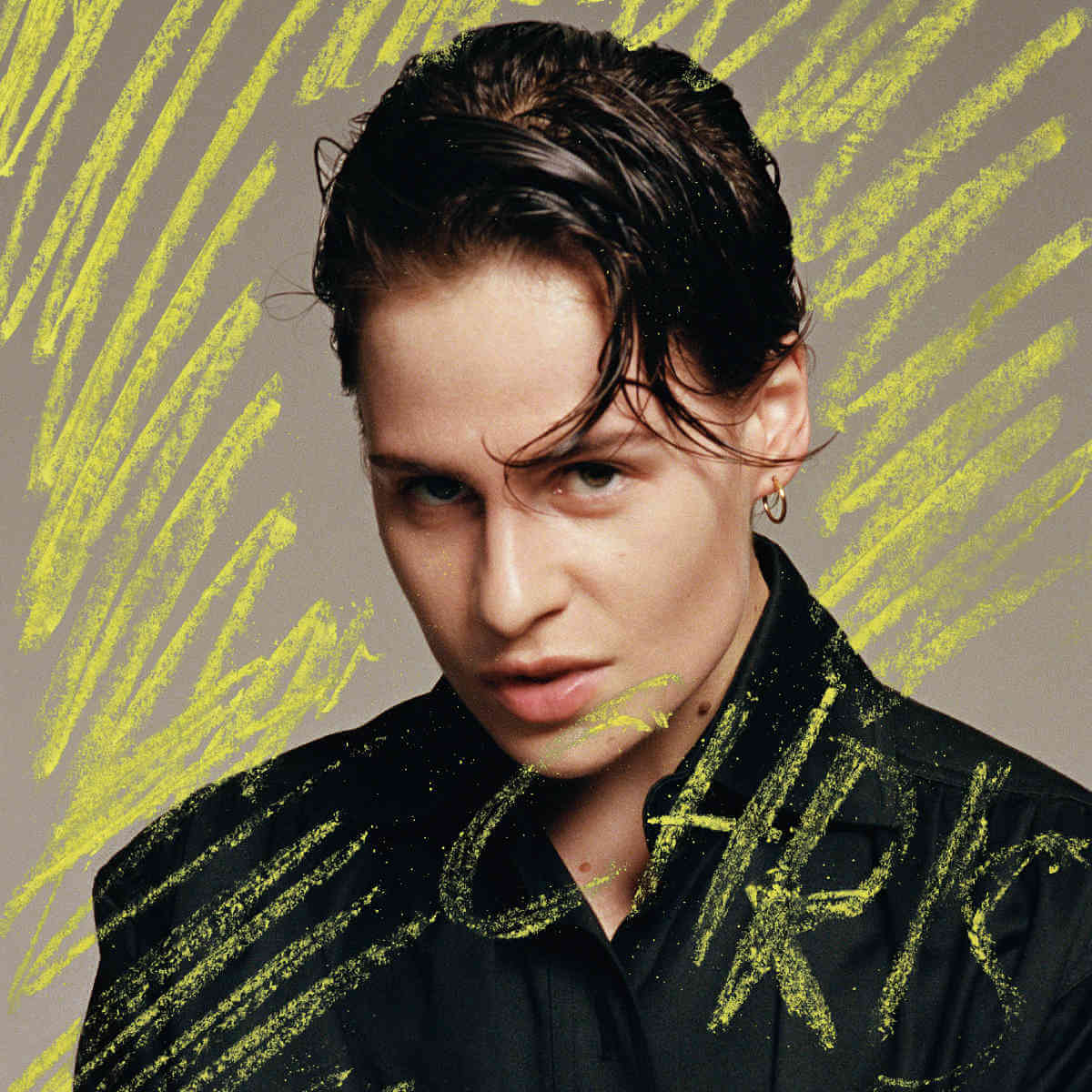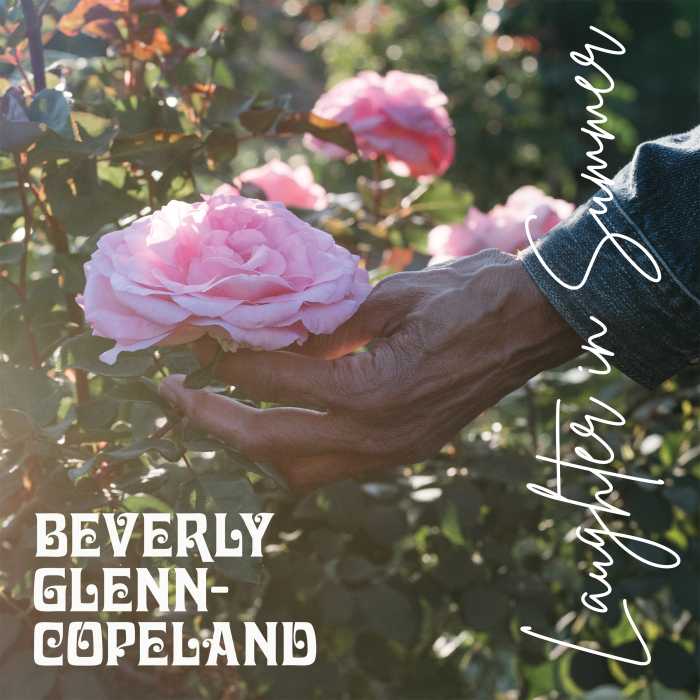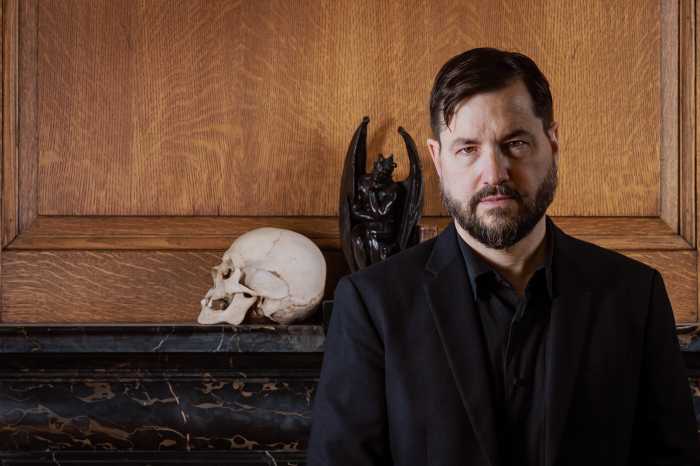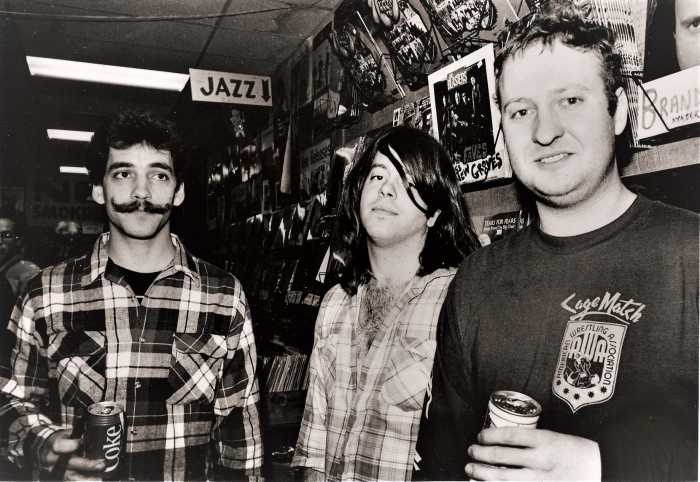In a musical landscape where the distorting effects of Autotune on vocals are the clearest hallmark and glitchy production effects are increasingly common (the aesthetics behind trans producer Sophie’s “Oil of Every Pearl’s Un-Insides” and rapper Travis Scott’s “Astroworld” aren’t so far apart despite vast differences in recording budgets and sales figures), the idea that music is most truthful when it consists of a singer/ songwriter standing with a guitar and performing confessional songs about their life is dying out.
Christine & the Queens’ “Chris” is a deliberate feminist exercise in genderfuck designed to express many of the contradictions of being a pansexual woman, including expressing attitudes coded as masculine while still attracted to men. Chris is a persona adopted by the French singer Héloïse Letissier, the woman behind this one-person band, but she’s also the name Letissier uses in real life.
The full version of “Chris” contains two parts: the first sung in English, the second in French, with the same instrumental backing. However, even when Chris performs in English, her voice is strongly accented, and she switches back and forth between the two languages; she makes no attempt to pass as a native English speaker. “Chris” borrows heavily from African-American music: ‘80s funk bands like Cameo and Midnight Star, Janet and Michael Jackson, and ‘90s West Coast hip-hop (producer Dam-Funk, who made an album with Snoop Dogg, worked on the cut “Girlfriend.”) Yet Chris sounds thoroughly French the whole time and uses her influences on her own terms. In this, she resembles the out gay French rapper Eddy de Pretto, whose music makes connections between hip-hop and the tradition of chanson artists like Jacques Brel and Edith Piaf.
In her album’s press kit, Chris cites Bruce Springsteen and Eminem as influences on her persona. Women generally don’t have the freedom to create a character like Eminem’s Slim Shady or reel off flippantly offensive songs like his “Role Model” and “Kill You” and still become a superstar, yet she finds something appealing about the rapper while feeling repulsed by many of his lyrics. The lyrics to “Chris” find a freedom in playing in drag.
The way “Chris” turns to the dance floor of the past to express something political reminds me of one of the year’s best albums, U.S. Girls’ “In A Poem Unlimited,” which mixes rock with funk and disco a la late ‘70s Blondie and Talking Heads to make leftism and feminism go down more smoothly. Only on the final song, “The Stranger,” does “Chris” delve into stereotypically French sounds, using accordion as the lead instrument. Even there, it shares place with synthesizer chords and a dance beat. If the song’s title itself seems archetypally French as well, evoking Camus’ famous novel, the lyrics ponder “Who is the stranger?”
Instead of condemning masculinity and even machismo as toxic, the lyrics on “Chris” examine what women might be able to learn productively from them. It’s explicit in the album that gender roles are a form of drag that people can take on and off, and both men and women can embody the openly lustful and explicitly sexual attitudes described in songs like “Girlfriend” and “Goya Soda.” Chris’ lovers on this album are both male and female, and she does not compromise on being butch when she pursues the former.
“The Walker” (La Marcheuse”) describes strolling around Paris feeling lonely, alienated, depressed, and even tempted by violence. It’s told from the perspective of a character who scares people. In the song’s powerful music video, Chris strolls through the streets of a rural town, facing hostile stares and finding the only possibility of tenderness by embracing a bull. In a relatively gentle way, there’s something misanthropic about it.
“Doesn’t Matter” shows a vulnerability that’s far from the sexual bravado elsewhere in the album. Released as a single in the summer, I thought it was a stunning song: it stares down some of the central questions of life and decides that it doesn’t matter if God exists. This isn’t so much a proud declaration of atheism as a reflection of the song’s narrator’s grim, apathetic state of mind.
“Chris” is a guitar-free space. The album sticks to synthesizers, piano, and programmed beats. Some songs plow ahead in a straightforward fashion drawn from funk and more recent dance music. Others have fairly spare arrangements, like “Whats-her-face” and “Make Some Sense,” which rely on airy keyboards and a distant drum machine.
In an interview with The Fader, Chris said, “But I still very much feel like as women we are refused complexity, or extreme emotions without being slightly dirty or deranged. We still have to make anger nonthreatening by being pretty.”
This probably led to the way “Chris” puts its attack on conventional gender roles inside catchy, accessible pop songs, but as with “In a Poem Unlimited” it neither compromises its politics nor stints on earworms in doing so.
CHRISTINE AND THE QUEENS | “Chris” | Because Music | christineandthequeens.com | Christine and the Queens’ Oct. 31 and Nov. 1 performances at Brooklyn Steel in East Williamsburg are both sold out



































